What treatment
10+ Highly Rated In Vitro Fertilization IVF Clinics in Spain
Reach Out to These Certified In Vitro Fertilization IVF Clinics List in Spain Loved by Patients!
UR Vistahermosa - Fertility Clinic in Spain
Overview
UR Vistahermosa in Alicante is a leading fertility clinic offering personalized treatments with advanced technology and expert care in a modern, welcoming hospital environment.
Read more details
Unidad de Reproduccion Centro Gutenberg
Overview
Unidad de Reproduccion Centro Gutenberg is located in Malaga, Spain and offers a wide range of affordable, top notch Fertility and Artificial Insemination services, such as: in vitro fertilization, egg donation, fertility preservation, and many more. With a renowned team of dedicated medical specialists, the medical center welcomes both local and international patients.
Read more detailsBarnaclinicPlus | Group Hospital Clinic
The Hospital Clínic of Barcelona is the best hospital in Barcelona Spain that provides the dental care treatment, cosmetic surgery, organs transplant and fertility treatment.
Aurora-Georgia - Surrogacy in Tbilisi
Overview
Welcome to the International Surrogacy and Egg donation Agency Aurora-Georgia, we are genuinely committed to the main aim - the birth of a long-awaited child!
Read more details
Discover your treatment options with a free, no-obligation quote!
Get your quote now!Best Fertility Clinic - SAKALLI IVF
Overview
SAKALLI IVF offers top fertility treatments in Nicosia, Cyprus, including IVF, ICSI, egg & sperm donation, and freezing services.
Read more details
Global Leader Clinic, World Center of Baby - From Hope to Home — Surrogacy for Everyone
Overview
World Center Of Baby - Dedicated to making parenthood possible. Different countries, All possibility, We make the dream of becoming parents a reality.
Read more details
InvitroLife - Best IVF Clinic in Georgia
Overview
Experience the Best IVF Clinic in Georgia. InvitroLife offers high success rates with advanced IVF, ICSI, PGT-A, surrogacy & egg donation programs.
Read more details
Top IVF Center - European Fertility Clinic
Overview
Discover superior IVF treatments in Tbilisi, Georgia at European Fertility Clinic. Trusted expertise for your fertility journey. Book now at PlacidWay!
Read more details
Discover your treatment options with a free, no-obligation quote!
Get your quote now!Istanbul Okan University Hospital
Overview
Istanbul Okan University Hospital, located in Istanbul, Turkey, has 250 beds and seamlessly emphasizes patient satisfaction, quality healthcare, academic expertise, and advanced medical services.
Read more detailsMedicana International IVF Center
Overview
Medicana International IVF Center, is a renowned fertility clinic in Istanbul, Turkey, with extensive experience with In Vitro Fertilization. Most fertility specialists at this center have been educated and trained in the EU or the USA, and have many years of experience working with foreign couples. The center offers the latest Assisted Reproductive Technologies such as ICSI, IMSI, PGD, IVF and ma
Read more detailsMemorial Hospital Group
Overview
Memorial, with 12 hospitals & 8000+ staffs, treats over 85,000 patients from 170 countries. As Turkeys first JCI-accredited hospital, we set the gold standard for international medical care.
Read more detailsProf. Dr. Nilgun Turhan Fertility Clinic
Overview
Prof. Dr. Nilgun Turhan has been working in Obstetrics and Gynaecology and IVF for over 30 years. She is a renowned expert in the field of infertility and assisted reproductive technologies (IVF). Key procedures include Infertility, Monitoring, Intrauterine, Insemination, Egg Freezing, Sperm Freezing, and more.
Read more detailsADATIP Hospital Group
Overview
Discover ADATIP Hospital, the leading healthcare facility in Istanbul, Turkey, renowned for its excellence in IVF, orthopedic, and cosmetic surgery.
Read more detailsADONIS Medical Group of Companies
Overview
Fertility Treatment in Kyiv Ukraine by ADONIS Medical Group of Companies provides the best service to address reproductive health problems experienced by patients.
Read more detailsBabydust Clinic
Overview
Explore advanced IVF treatments at Babydust Clinic, a premier IVF clinic in Athens, Greece. Discover personalized care for your journey to parenthood.
Read more detailsBMP Fertility
Overview
BMP International IVF Clinic in Baku, Azerbaijan provides advanced IVF treatments. They also offer egg freezing, egg, sperm, and embryo donation, as well as gender selection. Start your fertility journey today!
Read more detailsChachava Clinic Reproductive Health Center
Overview
Discover premier IVF treatments & surrogacy programs in Tbilisi, Georgia at Chachava Clinic Reproductive Health Center. Experience excellence in fertility care.
Read more detailsCyprus IVF Hospital
Overview
Cyprus IVF Hospital is a leading fertility clinic in Famagusta, Cyprus. Offering IVF, Egg Donation, Gender Selection, etc. Read verified patient reviews.
Read more detailsEmsey Hospital
Overview
Emsey Hospital is the Best Hospital in Istanbul Turkey that has won JCI International Accreditation, and has the most complete medical facilities and experienced medical staff.
Read more detailsEuroIVF Fertility Clinic Cyprus
Overview
EuroIVF in Kyrenia is the best gender selection clinic in Cyprus, providing expert care and advanced technology to help you achieve your family planning goals with confidence.
Read more detailsWhich are the best IVF clinics in Spain, and what makes them stand out?
When looking for top IVF clinics in Spain, patients frequently highlight facilities like UR Vistahermosa in Alicante and Unidad de Reproduccion Centro Gutenberg in Malaga. These clinics stand out for their high patient recommendation rates, advanced fertility technologies, and comprehensive personalized care, covering everything from standard IVF to specialized egg donation and genetic screening. They are recognized for dedicated patient support and successful outcomes.
Spain is renowned for its high-quality fertility treatment, attracting many international patients. Clinics distinguishing themselves often combine cutting-edge science with a compassionate, patient-centered approach. Here are key characteristics that make some clinics highly regarded:
- UR Vistahermosa - Fertility Clinic in Spain (Alicante): This clinic is noted for its personalized treatments, advanced technology, and a modern hospital environment. With a strong 90.91% patient recommendation rate from 11 reviews, it offers a wide range of services including IVF with ICSI, egg donation, embryo freezing, and ovarian rejuvenation. Their integration within a hospital setting provides an added layer of medical security and comprehensive care.
- Unidad de Reproduccion Centro Gutenberg (Malaga): Achieving an impressive 100% patient recommendation rate from 5 reviews, this center in Malaga is praised for its affordable yet top-notch fertility and artificial insemination services. They specialize in in vitro fertilization, egg donation, fertility preservation, and intrauterine insemination (IUI), catering to both local and international patients with a dedicated team.
Both clinics exemplify the high standards of Spanish reproductive medicine, focusing on individual patient needs and leveraging state-of-the-art facilities to maximize success rates.
What are the key factors to consider when choosing an IVF clinic in Spain?
Selecting an IVF clinic in Spain involves evaluating accreditation, the expertise of the medical team, and the technology available in their labs. Crucially, consider their patient support services, especially for international visitors, including multilingual staff and assistance with logistics. Transparent success rates tailored to your specific case and a clear communication style are also vital for a supportive fertility journey.
When you're entrusting a clinic with your fertility journey, several aspects should guide your decision-making process:
- Accreditation and Quality Standards: Look for clinics accredited by national and international bodies, ensuring they adhere to stringent quality and safety protocols. Spain has rigorous regulations under the Ministry of Health.
- Medical Team Expertise: Inquire about the experience and specialization of the embryologists, reproductive endocrinologists, and support staff. A seasoned team can significantly impact your treatment outcomes and overall experience.
- Advanced Laboratory Technology: The quality of the embryology lab is paramount. Ask about technologies like time-lapse imaging (e.g., EmbryoScope), preimplantation genetic testing (PGT), and advanced sperm selection techniques.
- Patient-Centered Care: Seek out clinics that offer personalized treatment plans, strong emotional support, and comprehensive patient coordination. A clinic that makes you feel heard and understood is invaluable.
- Transparency in Success Rates: Request detailed success rates broken down by age, diagnosis, and type of treatment (e.g., fresh vs. frozen cycles, own eggs vs. donor eggs). These statistics should ideally be verified by the Spanish Fertility Society (SEF).
How do IVF success rates vary among Spanish clinics?
IVF success rates in Spanish clinics vary primarily based on factors like patient age, specific infertility causes, and the use of donor eggs. Reputable clinics provide transparent statistics, often higher than European averages, detailing live birth rates per embryo transfer. It's important to analyze these rates by patient demographic rather than relying solely on a single overall percentage to accurately gauge potential outcomes.
Understanding the nuances of IVF success rates is crucial for prospective parents. Clinics typically present data based on:
- Age of the Woman: Success rates naturally decline with increasing maternal age, especially when using a woman's own eggs. Clinics should provide specific rates for different age brackets (e.g., under 35, 35-37, 38-40, over 40).
- Use of Donor Eggs: When donor eggs are utilized, success rates generally increase significantly as egg quality is higher. Many Spanish clinics excel in donor egg programs due to favorable legislation.
- Type of Cycle: Rates can differ between fresh embryo transfers and frozen embryo transfers, with frozen cycles sometimes showing improved outcomes due to a more prepared uterine lining.
- Specific Infertility Diagnosis: The underlying cause of infertility can impact success. Clinics often have specialists and tailored protocols for conditions like PCOS, male factor infertility, or unexplained infertility.
- Live Birth Rate vs. Pregnancy Rate: Always inquire about live birth rates, which is the most meaningful measure, rather than just clinical pregnancy rates (presence of a heartbeat), as not all pregnancies result in a live birth.
The Spanish Fertility Society (SEF) collects and publishes national data, providing a benchmark for clinics to report their results transparently.
What specific legal regulations apply to IVF treatment in Spanish clinics?
Spanish IVF clinics adhere to Law 14/2006 on Assisted Human Reproduction Techniques, a progressive framework allowing treatment for single women, female same-sex couples, and heterosexual couples. Key regulations ensure donor anonymity, permit advanced genetic screening for serious diseases, and establish ethical guidelines for fertility practices, offering a well-regulated and inclusive environment for patients.
Spain's legislation on assisted reproduction is one of the most comprehensive and liberal in Europe, contributing to its popularity as a medical tourism destination for fertility treatments. The foundational law, Law 14/2006, outlines several critical provisions:
- Access to Treatment: Assisted reproductive techniques are available to all women over 18, regardless of their marital status or sexual orientation. This includes single women and same-sex female couples.
- Donor Anonymity: Egg and sperm donors in Spain are strictly anonymous by law. This policy helps maintain a diverse and healthy donor pool without extensive waiting lists.
- Preimplantation Genetic Diagnosis (PGD): Clinics are permitted to perform PGD, including PGT-A (for aneuploidies) and PGT-M (for monogenic diseases), for couples with a high risk of transmitting serious genetic disorders.
- Embryo Donation and Adoption: Spanish law allows for the donation of embryos to other couples, or for their use in research, or for cryopreservation, offering options for surplus embryos.
- Number of Embryos Transferred: The law limits the number of embryos transferred per cycle to a maximum of three to reduce the risks associated with multiple pregnancies.
How do Spanish IVF clinics handle egg donation for international patients?
Spanish IVF clinics excel in egg donation for international patients due to strict anonymous donation laws, ensuring a large, diverse donor pool with minimal waiting times. They conduct thorough medical and genetic screening on donors and utilize sophisticated matching processes to align physical characteristics and blood type with recipients, streamlining the process for global patients.
Egg donation is a cornerstone of fertility treatment in Spain, especially for women of advanced reproductive age or those with ovarian reserve issues. The process is highly organized and patient-friendly:
- Extensive Donor Pool: Due to Spain's anonymous donation policy and altruistic donor motivations, clinics maintain large databases of diverse egg donors, eliminating lengthy waiting lists common in other countries.
- Rigorous Screening: All potential egg donors undergo comprehensive medical, genetic, and psychological evaluations. This includes karyotyping, screening for infectious diseases (HIV, Hepatitis B/C, Syphilis), and testing for common genetic conditions like Cystic Fibrosis.
- Careful Matching Process: Clinics prioritize matching donor characteristics (phenotype) with the recipient's physical traits, such as eye color, hair color, skin tone, and blood type, to ensure a good resemblance.
- Legal Protection: Spanish law ensures the anonymity of the donor and legally establishes the recipient parents as the child's parents, providing clear legal certainty.
- Synchronized Cycles: Clinics are experienced in synchronizing donor and recipient cycles, often allowing for fresh embryo transfers, though frozen egg cycles are also common and effective.
What advanced reproductive technologies are commonly used in leading Spanish IVF clinics?
Leading IVF clinics in Spain leverage state-of-the-art reproductive technologies to optimize treatment outcomes. This includes time-lapse incubators for continuous embryo monitoring, Preimplantation Genetic Testing (PGT-A/PGT-M) to screen for chromosomal or genetic abnormalities, and advanced sperm selection methods like MACS or PICSI to enhance fertilization success. These innovations improve embryo viability assessment and patient success rates.
Spanish IVF clinics are recognized for their commitment to technological innovation in fertility treatment. Key advanced reproductive technologies include:
- Time-Lapse Embryo Monitoring (e.g., EmbryoScope, GERI): These advanced incubators allow embryologists to continuously observe embryo development without removing them from their stable environment. This minimizes external stress and provides detailed insights into developmental dynamics, aiding in the selection of the most viable embryos for transfer.
-
Preimplantation Genetic Testing (PGT):
- PGT-A (Aneuploidy): Screens embryos for an abnormal number of chromosomes, which is a major cause of implantation failure and miscarriage. It's particularly beneficial for older women or those with recurrent pregnancy loss.
- PGT-M (Monogenic Disease): Used when there's a risk of passing on a specific single-gene genetic disorder to the child.
-
Advanced Sperm Selection Techniques (MACS, PICSI):
- MACS (Magnetic-Activated Cell Sorting): Selects healthy sperm by removing those undergoing apoptosis (programmed cell death), which can lead to DNA fragmentation.
- PICSI (Physiological IntraCytoplasmic Sperm Injection): Selects mature sperm based on their ability to bind to hyaluronic acid, mimicking natural selection processes.
- Assisted Hatching: A laser-assisted procedure where a small opening is made in the outer shell of the embryo (zona pellucida) to facilitate implantation into the uterine lining, sometimes used for older patients or those with previous implantation failures.
Do IVF clinics in Spain offer services for same-sex couples?
Absolutely, IVF clinics in Spain are highly inclusive and widely offer assisted reproduction services for same-sex female couples. A popular option is Reciprocal IVF (ROPA), enabling both partners to be biologically involved: one provides the eggs, fertilized with donor sperm, and the other carries the pregnancy. Spanish law also ensures legal recognition of both parents from birth for married female couples.
Spain is a pioneering country in recognizing and supporting diverse family structures through assisted reproduction. The legal framework ensures that fertility treatments are accessible and comprehensive for LGBTQ+ individuals and couples:
- Reciprocal IVF (ROPA Method): This is a highly sought-after option for female same-sex couples. It allows one partner to contribute her eggs, which are then fertilized with sperm from an anonymous donor. The resulting embryo is then transferred to the other partner, who carries the pregnancy. This method allows both women to have a biological role in the creation of their child.
- Sperm Donation: Clinics have extensive, rigorously screened anonymous sperm banks, offering diverse profiles to help couples select a donor that best matches their preferences regarding physical traits and medical history.
- Legal Parentage: If a female couple is married in Spain, both women are legally recognized as the parents of any child conceived through assisted reproduction from the moment of birth, simplifying legal processes.
- Personalized Treatment Plans: Clinics develop individualized protocols for same-sex couples, including counseling and coordination of cycles for the egg provider and the gestational carrier.
What support do Spanish IVF clinics provide for international patients?
Spanish IVF clinics are well-equipped to assist international patients, providing dedicated multilingual patient coordinators to guide them through each step. They often help with travel arrangements, accommodation, and offer flexible treatment schedules, minimizing time abroad. Remote initial consultations are commonly available, allowing patients to begin their fertility journey from their home country with seamless coordination.
Recognizing the unique needs of patients traveling for treatment, Spanish IVF clinics offer a robust support system:
- Dedicated Patient Coordinators: Most clinics assign a personal coordinator who speaks your language and acts as your main point of contact, facilitating communication between you and the medical team. They assist with all aspects, from initial inquiries to post-treatment follow-up.
- Travel and Accommodation Assistance: Clinics often have partnerships with local hotels and travel agencies, offering discounted rates and recommendations. They can also provide guidance on visa requirements and local transportation.
- Remote Consultations and Monitoring: Initial consultations can frequently be conducted via video call. Furthermore, much of the preparatory phase, including initial diagnostic tests and ovarian stimulation monitoring, can often be managed in your home country with your local doctor, reducing the required stay in Spain.
- Psychological Support: The emotional toll of fertility treatment is recognized, and many clinics offer psychological counseling and support groups, ensuring mental well-being is addressed alongside physical treatment.
- Flexible Scheduling: Treatment schedules are often adapted to accommodate international travel, aiming to minimize the time patients need to spend away from home.
How are embryos selected for transfer in Spanish IVF clinics?
Spanish IVF clinics employ sophisticated methods for embryo selection, combining traditional morphological assessment with advanced technologies. Embryologists meticulously grade embryos based on developmental patterns. Leading clinics also utilize time-lapse imaging for continuous monitoring and, for suitable cases, Preimplantation Genetic Testing (PGT-A) to identify the embryos with the highest implantation potential and chromosomal normality, aiming for a healthy singleton pregnancy.
The goal of embryo selection is to identify the healthiest embryo(s) for transfer, maximizing the chances of a successful pregnancy while minimizing the risks of multiple births. Clinics use a multi-faceted approach:
- Morphological Assessment: Embryologists visually evaluate embryos under a microscope at specific developmental stages (e.g., day 3 cleavage stage or day 5/6 blastocyst stage). They look for key indicators such as cell number, cell symmetry, fragmentation rate, and the appearance of the inner cell mass and trophectoderm in blastocysts.
- Blastocyst Culture: Culturing embryos to the blastocyst stage (5-6 days post-fertilization) allows for a more natural selection process, as only the most robust embryos typically reach this advanced stage. This improves the accuracy of embryo selection compared to earlier stage transfers.
- Time-Lapse Technology: Systems like EmbryoScope provide continuous, non-invasive monitoring of embryo development. This captures crucial kinetic data and developmental milestones that conventional static observations might miss, helping identify subtle markers of viability.
- Preimplantation Genetic Testing for Aneuploidy (PGT-A): For certain patient groups (e.g., advanced maternal age, recurrent miscarriages, multiple failed IVF cycles), a tiny biopsy is taken from the trophectoderm of a blastocyst. This is analyzed to detect chromosomal abnormalities, ensuring only euploid (chromosomally normal) embryos are transferred, significantly increasing implantation rates and reducing miscarriage risk.
- Artificial Intelligence (AI) Algorithms: Some advanced clinics are starting to use AI tools that integrate morphological and time-lapse data to predict embryo viability more objectively and accurately.
What is the typical timeline for an IVF cycle at a clinic in Spain?
A standard IVF cycle at a Spanish clinic typically spans 4 to 6 weeks from initial ovarian stimulation to a pregnancy test. For international patients, clinics streamline this to minimize their time in Spain, usually requiring a 7 to 15-day stay for critical procedures like egg retrieval and embryo transfer. Much of the preliminary preparation and monitoring can often be done remotely in the patient's home country.
The timeline for an IVF cycle can be broken down into several phases, often coordinated efficiently for international patients:
- Initial Consultation and Diagnostics (Remote/Local): This phase can take 2-4 weeks and often involves remote consultations with the Spanish clinic. Your local doctor may perform initial tests like hormone profiles, ultrasounds, and semen analysis.
- Ovarian Stimulation (10-14 days): This begins with daily hormone injections to stimulate multiple egg productions. This phase often starts in your home country with monitoring by your local gynecologist, who sends results to your Spanish clinic.
- Travel to Spain (approx. 7-15 days): You would typically travel to Spain towards the end of the stimulation phase for final monitoring scans at the clinic.
- Egg Retrieval (Day 0 of IVF cycle): A minor outpatient procedure performed under light sedation to collect eggs from the ovaries.
- Fertilization (Day 0-1): Eggs are fertilized with sperm in the lab using either conventional IVF or Intracytoplasmic Sperm Injection (ICSI).
- Embryo Culture (Day 1-5/6): Embryos are monitored as they develop. The embryo transfer usually occurs on day 3 or day 5 (blastocyst stage), depending on embryo quality and clinic protocol.
- Embryo Transfer (Day 3 or Day 5/6): The selected embryo(s) are transferred to the uterus using a thin catheter. This is usually a quick, painless procedure.
- Post-Transfer and "Two-Week Wait": After transfer, you can typically fly home within 1-2 days. The pregnancy test is scheduled approximately 10-14 days after the embryo transfer.
Can I undergo IVF in a Spanish clinic if I am over 40?
Yes, Spanish IVF clinics frequently treat women over 40, adapting treatment plans to individual needs. While Spain's law doesn't impose an upper age limit, most clinics have internal policies, typically around 50-52, based on medical suitability. For older patients, thorough health evaluations are conducted, and options like egg donation or PGT-A with own eggs are often recommended to maximize success and ensure a safe pregnancy.
Many women over 40 successfully achieve pregnancy through IVF in Spain. Clinics here are well-versed in the unique challenges and opportunities for this age group:
- Personalized Evaluation: Clinics conduct a thorough medical assessment to evaluate ovarian reserve (e.g., AMH levels, antral follicle count), uterine health, and overall physical condition to determine the most suitable treatment plan.
- Egg Donation as a Primary Option: For women over 42-43, or those with significantly diminished ovarian reserve and egg quality, egg donation is often recommended as it offers significantly higher success rates compared to using one's own eggs. Spanish clinics have robust egg donation programs due to favorable legislation.
- Preimplantation Genetic Testing for Aneuploidy (PGT-A): If using your own eggs, PGT-A is strongly advised. This genetic screening identifies chromosomally normal embryos, which is crucial as the incidence of aneuploidy increases with maternal age, improving implantation rates and reducing miscarriage risk.
- Realistic Expectations: Reputable Spanish clinics provide transparent and realistic discussions about success rates tailored to individual age and clinical profiles, ensuring patients are well-informed about their prospects.
- Overall Health Assessment: Before treatment, a comprehensive health check is performed to ensure the patient is medically fit to carry a pregnancy, prioritizing the health of both the mother and the future child.
How PlacidWay helps individuals access In Vitro Fertilization IVF in Spain?
PlacidWay simplifies your journey to receiving world-class IVF treatment in Spain by providing the critical information and support you need.
- We offer detailed, up-to-date information about In Vitro Fertilization IVF, including the benefits of treatment in Spain, potential risks, and realistic outcome expectations, empowering you to make confident choices.
- PlacidWay helps you compare IVF treatment options across various top-tier clinics in Spain, ensuring you find affordable packages without ever compromising on the quality of medical care.
- We connect you with a network of trusted, internationally accredited clinics and renowned medical professionals who specialize in In Vitro Fertilization IVF in Spain, giving you access to the best in the field.
- PlacidWay facilitates one-on-one consultations, allowing you to speak directly with specialists to discuss your unique situation and create a personalized treatment plan that meets your specific needs.
- Our commitment extends beyond the procedure. PlacidWay ensures you receive continued support after your treatment, assisting with follow-up care arrangements and recovery guidance to ensure a smooth and healthy transition.
Ready to get In Vitro Fertilization IVF in Spain? Contact us today for a personalized consultation.













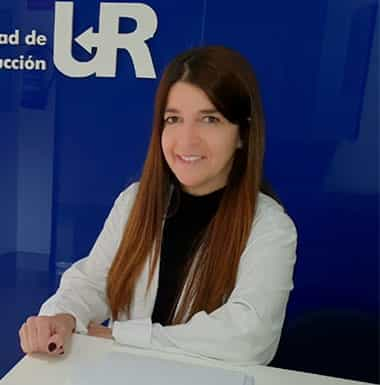
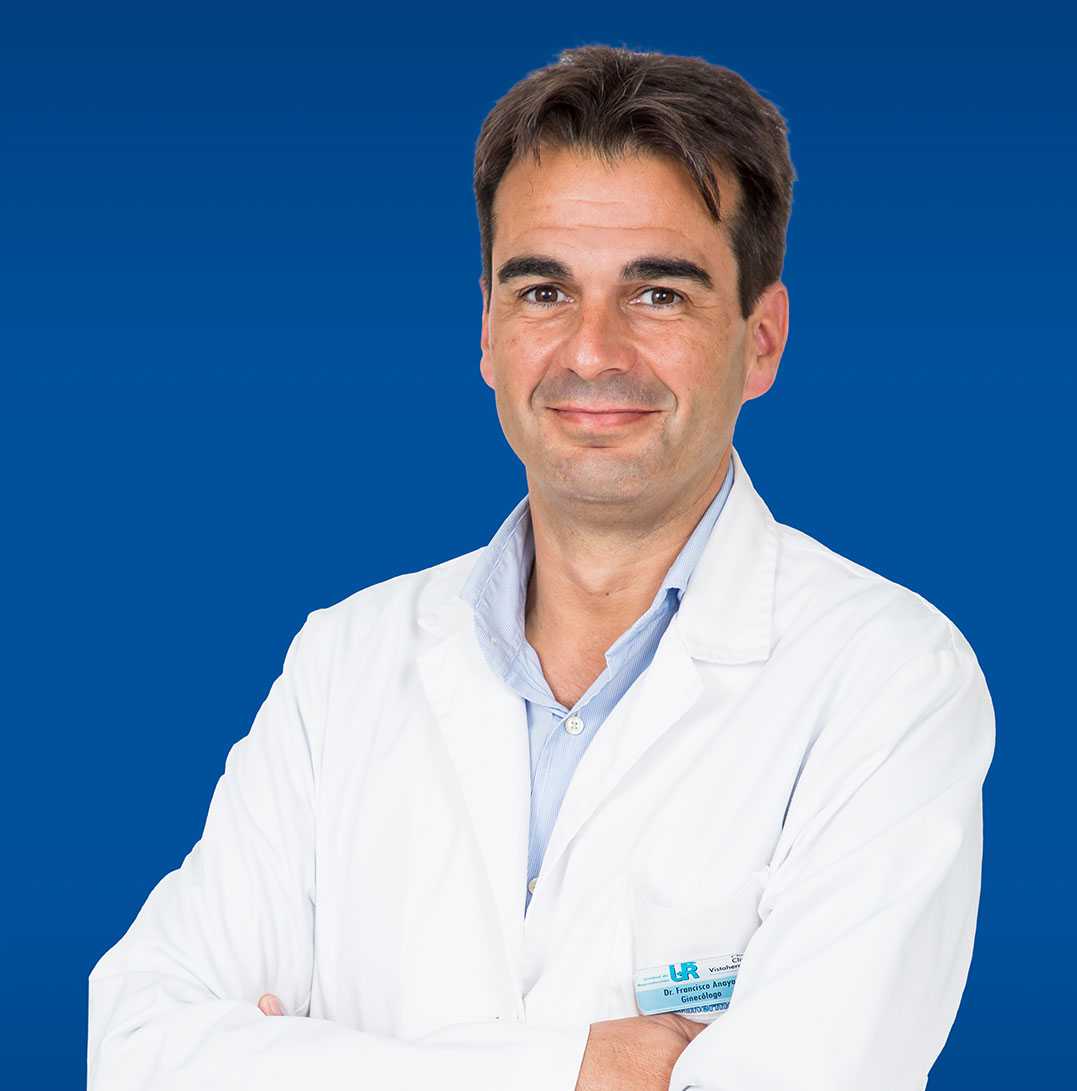
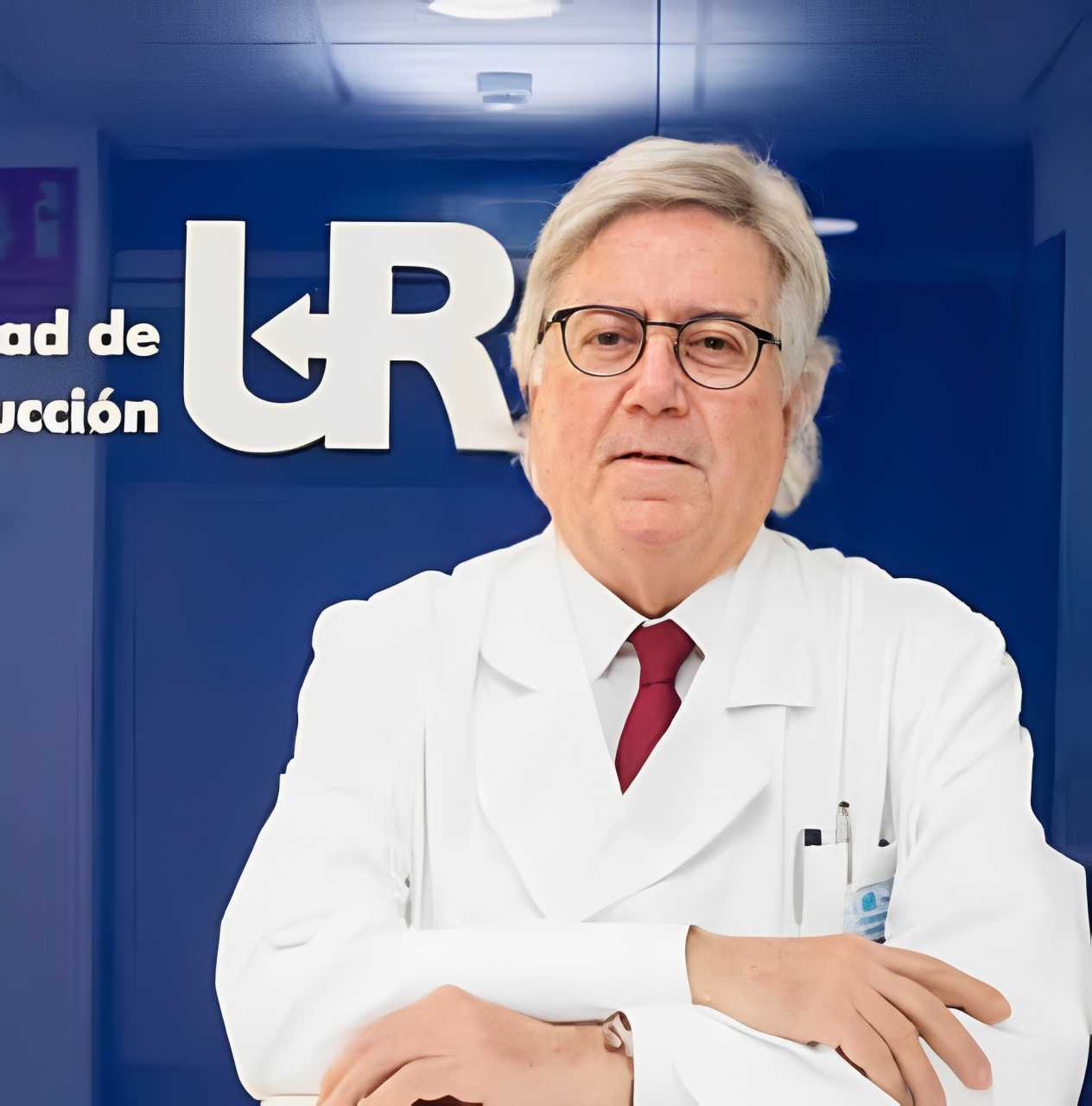
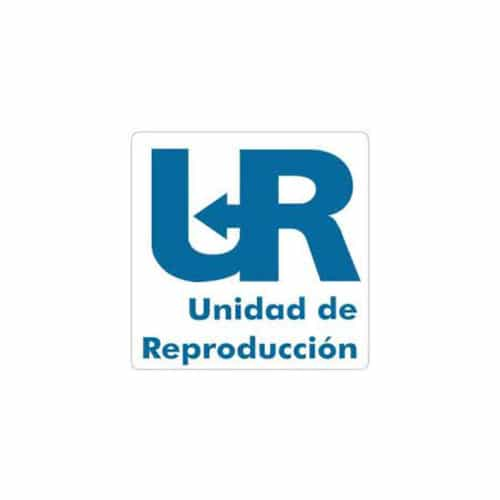
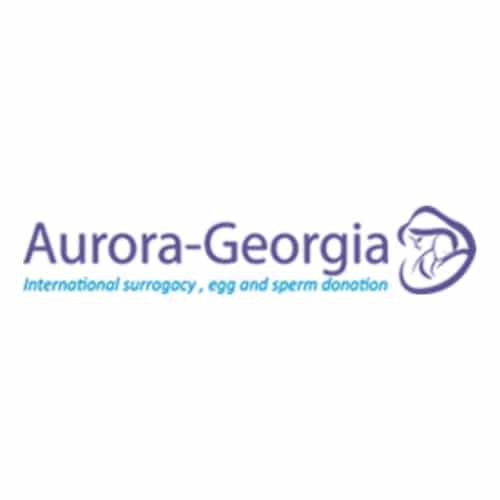
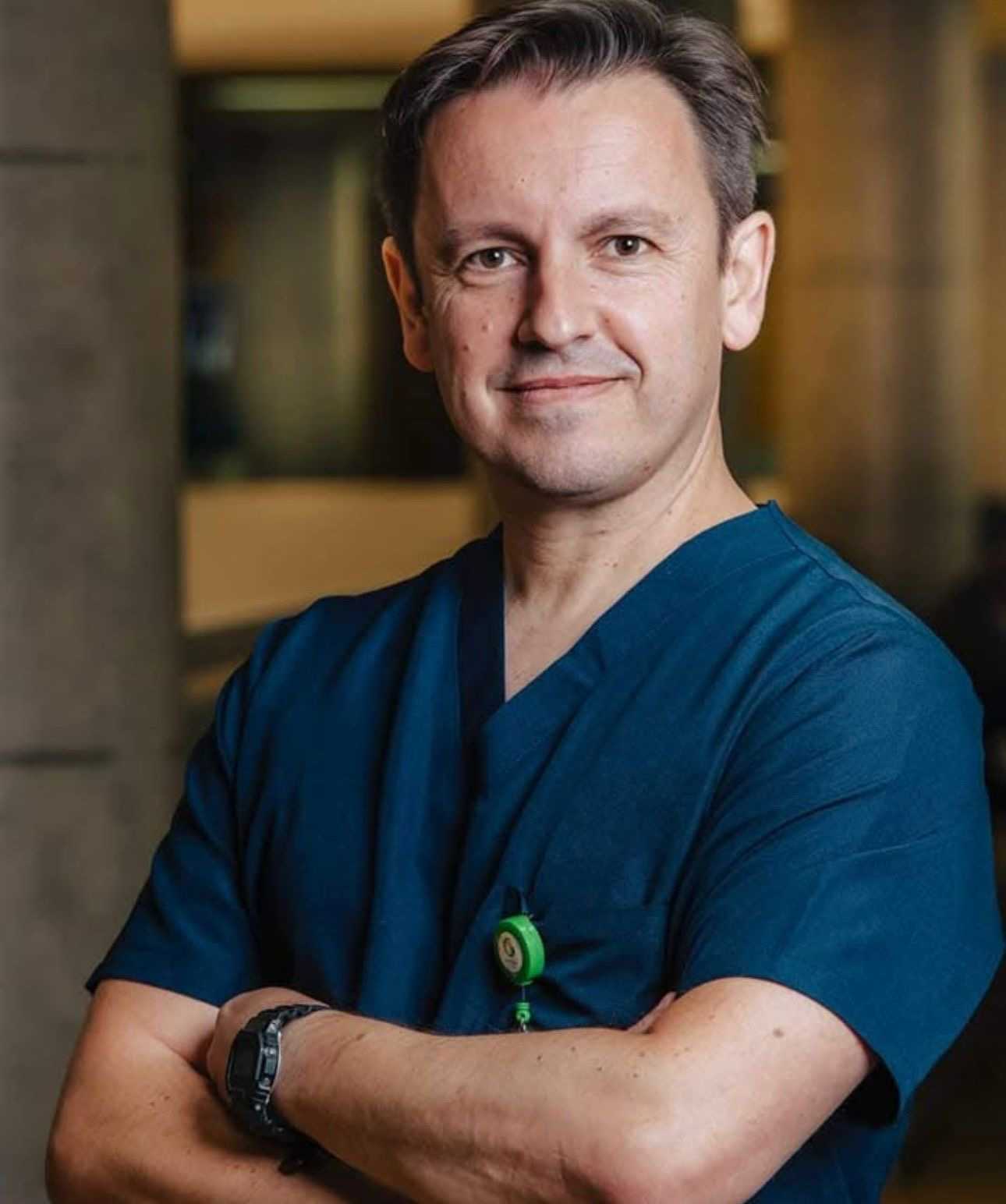

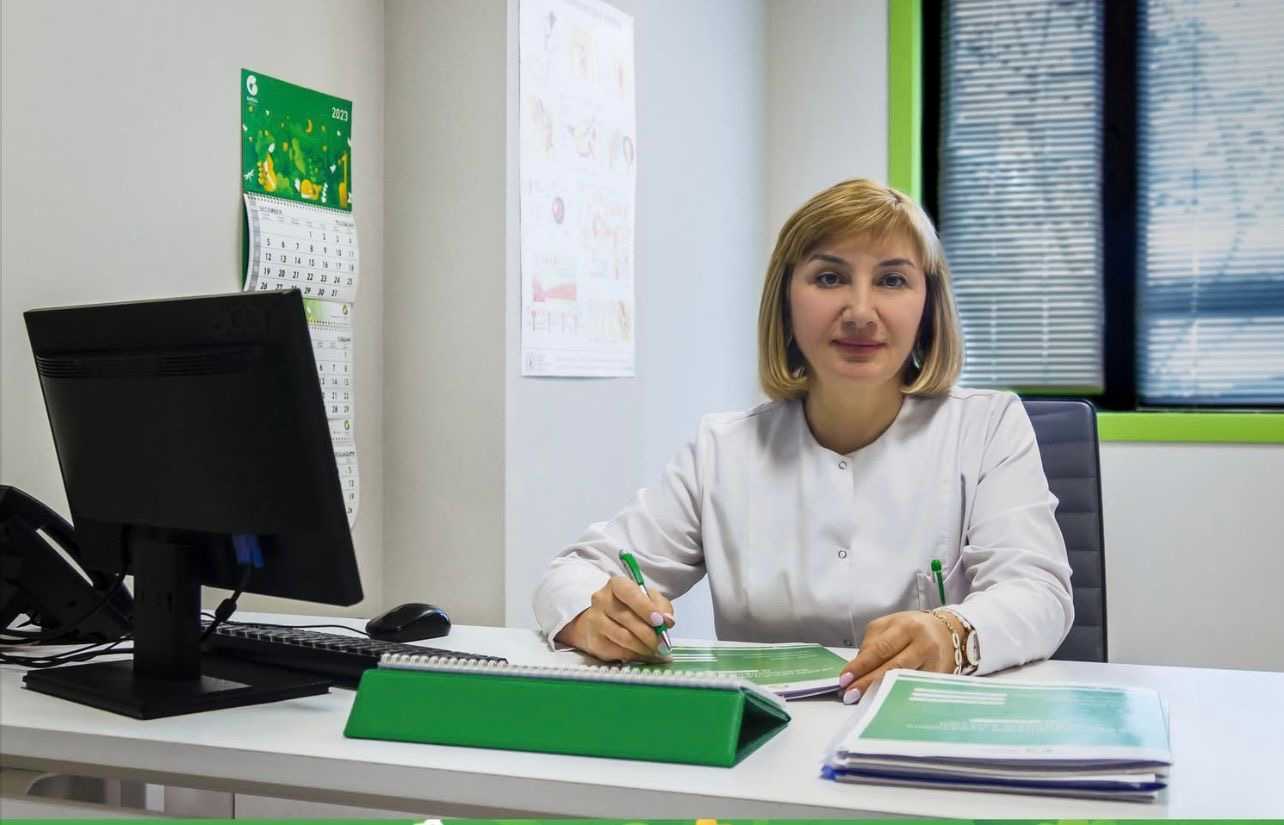
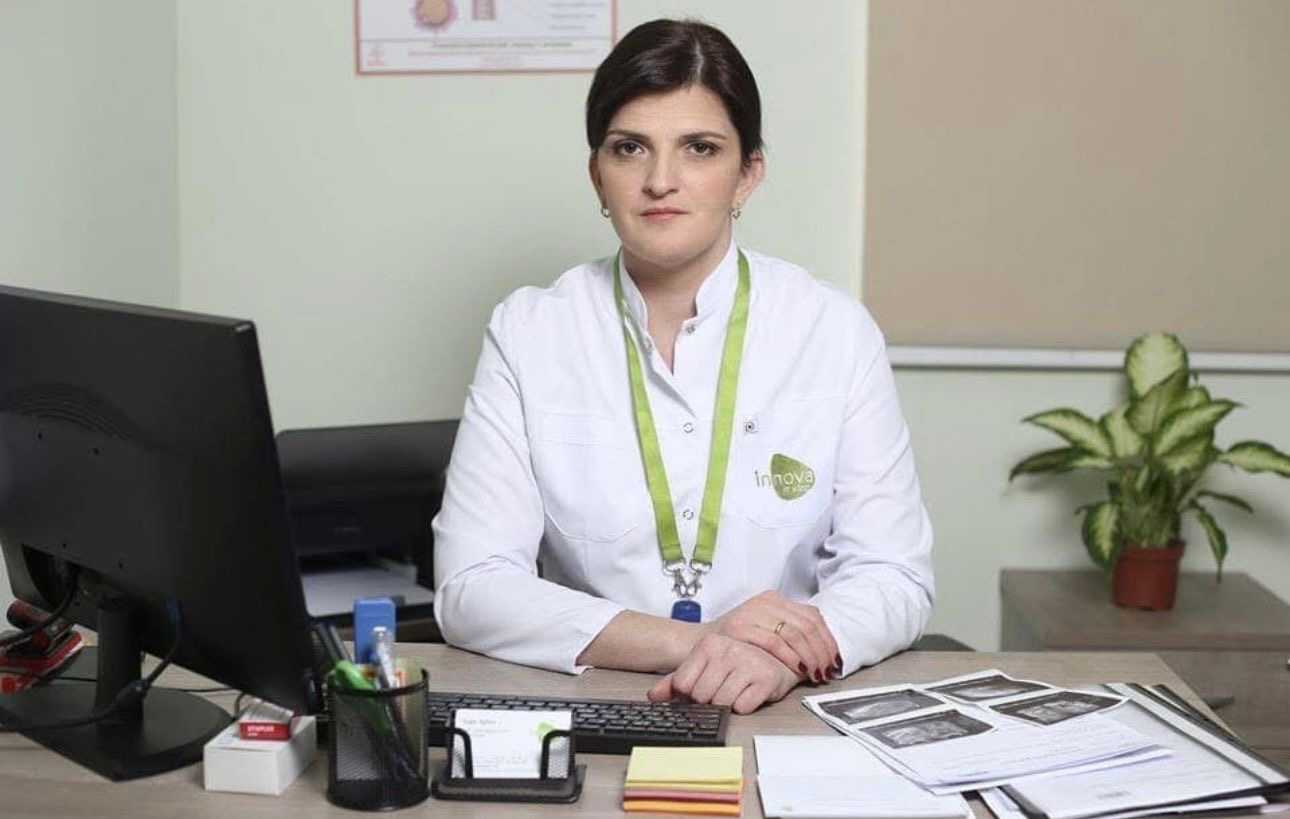

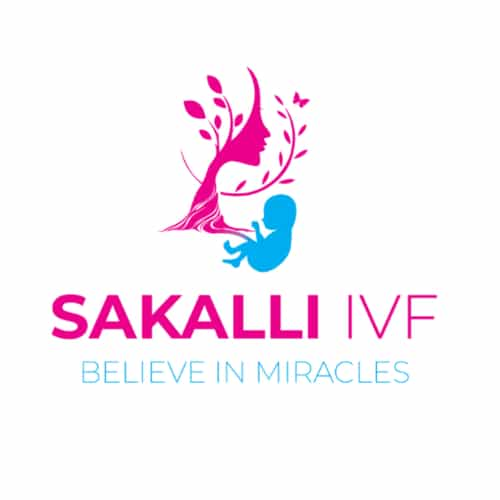
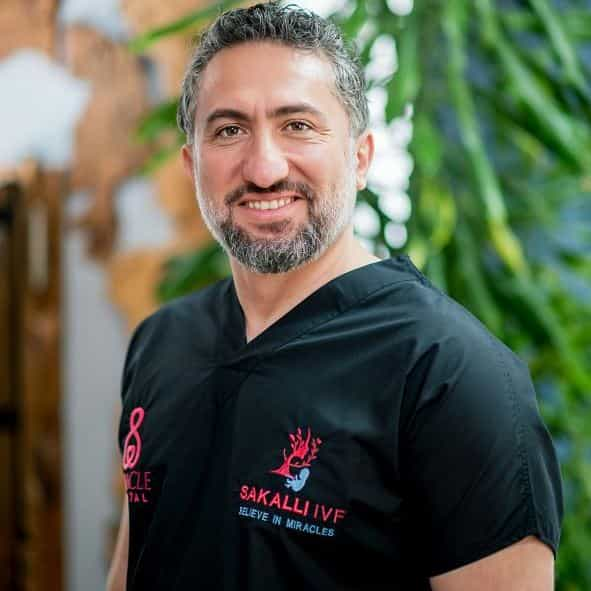


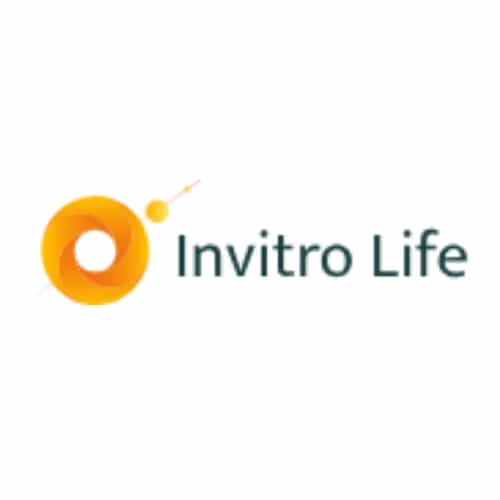
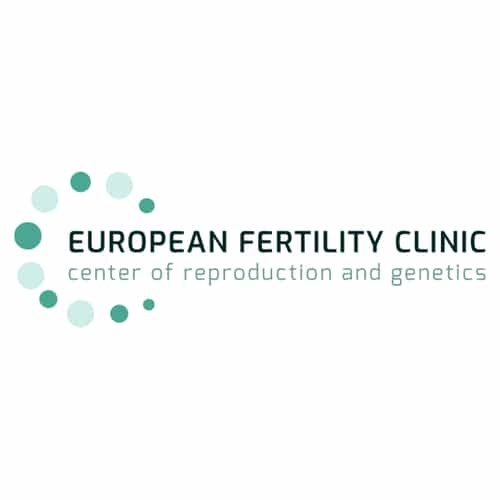

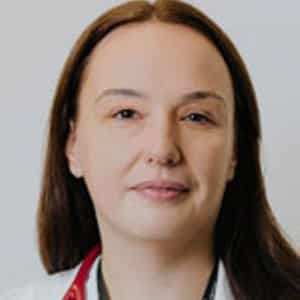
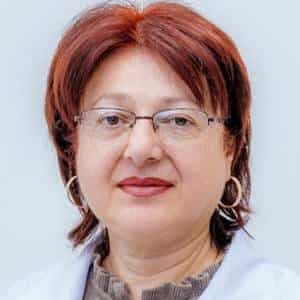

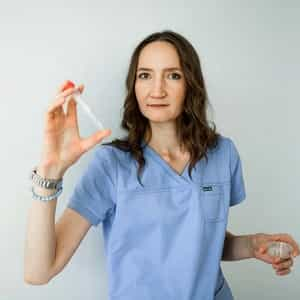
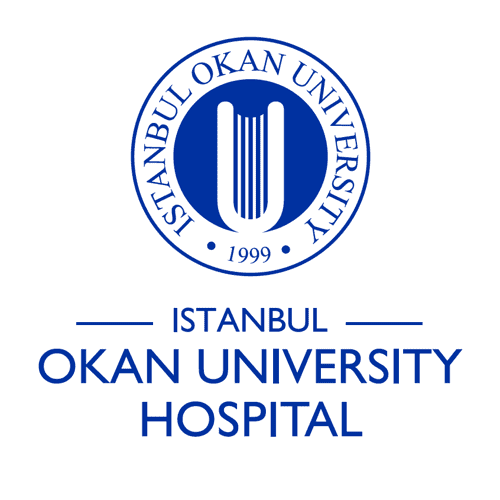
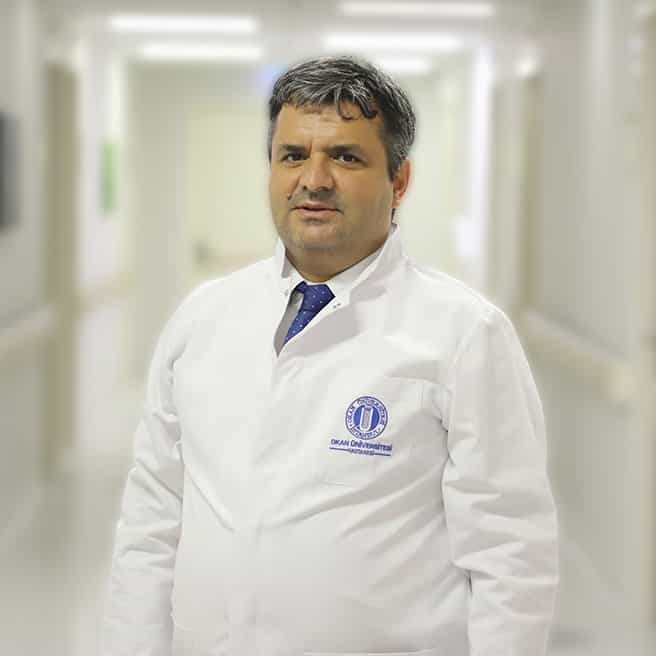

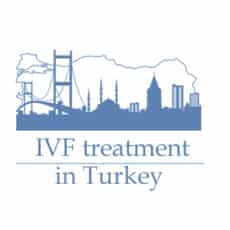
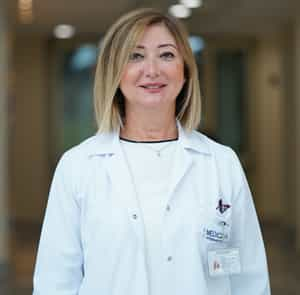
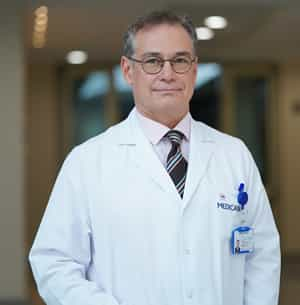

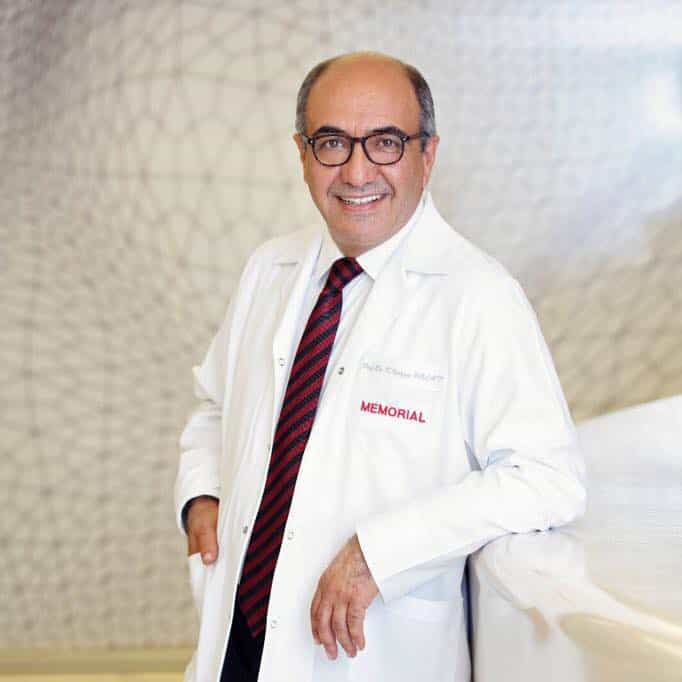


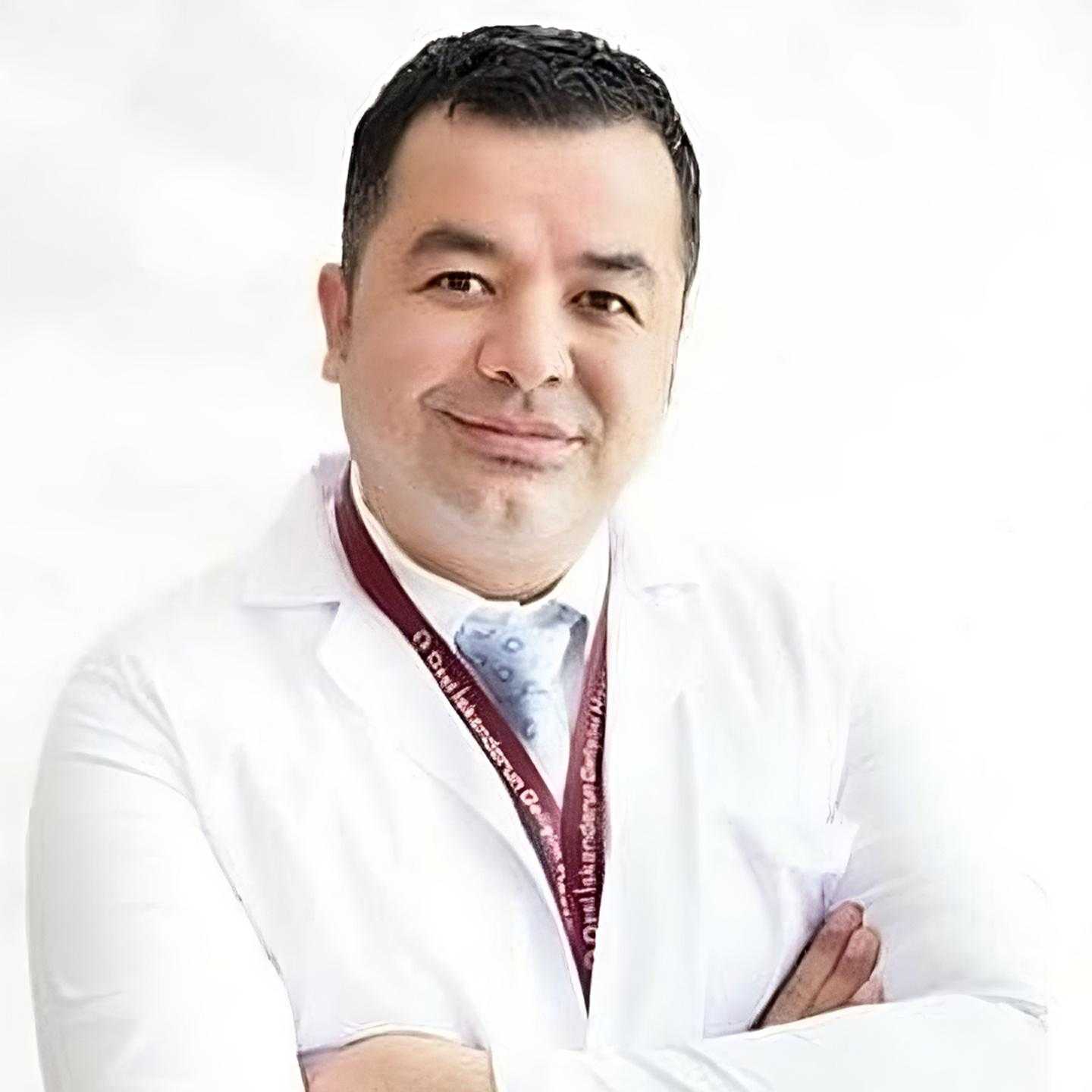
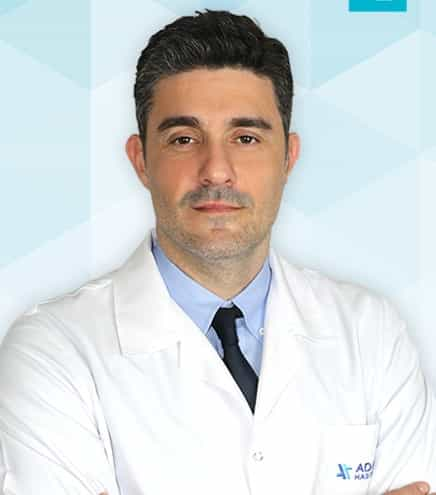
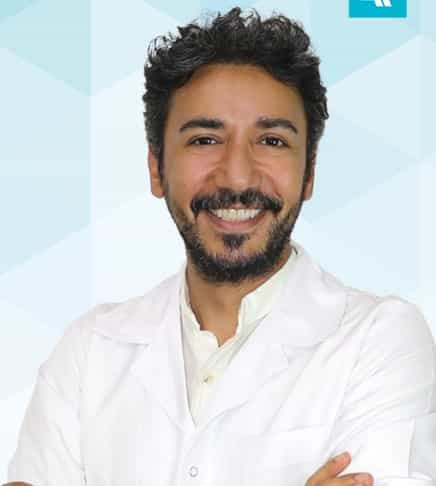
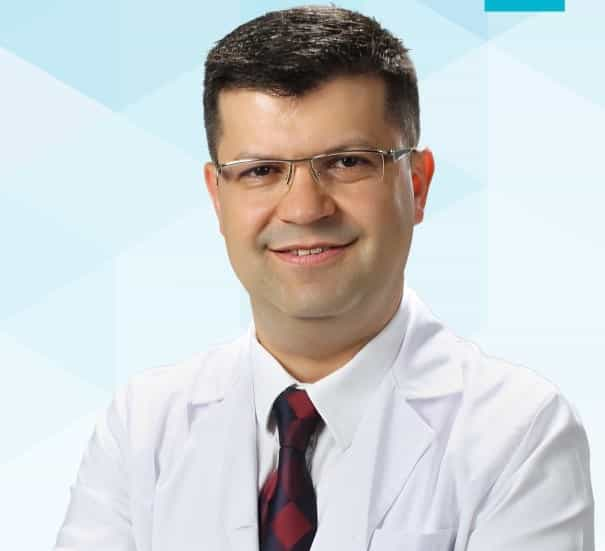




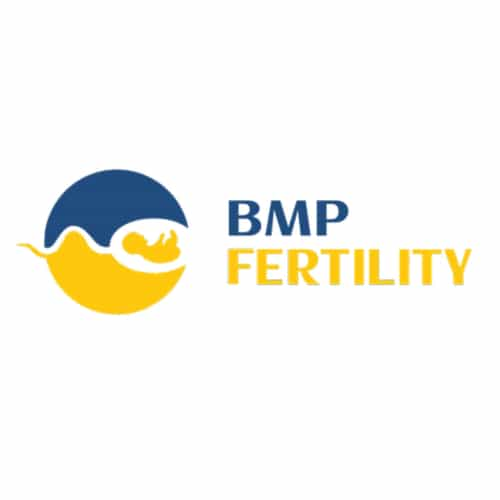
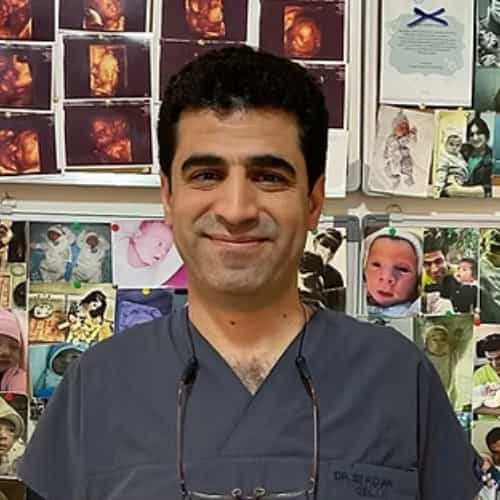
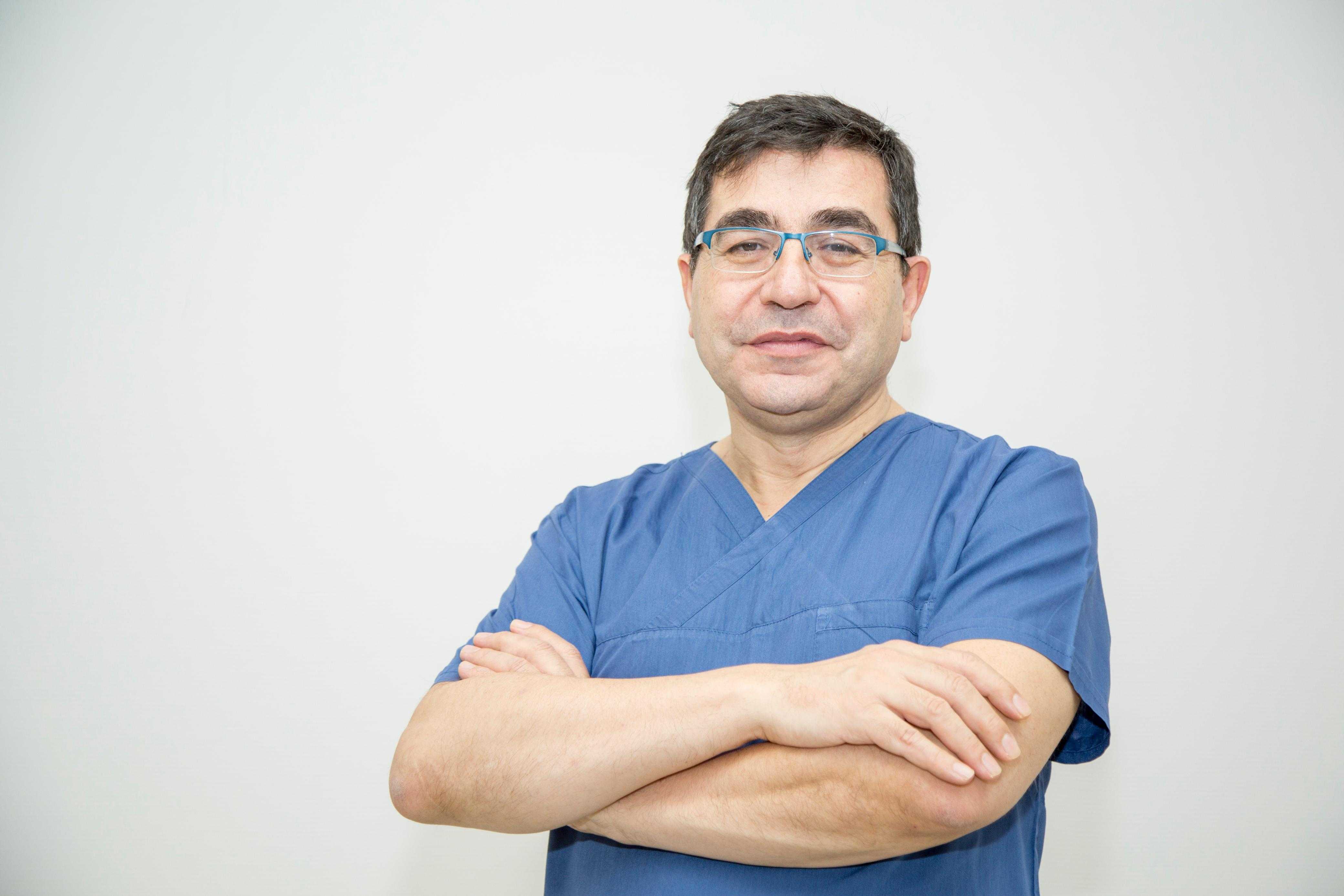
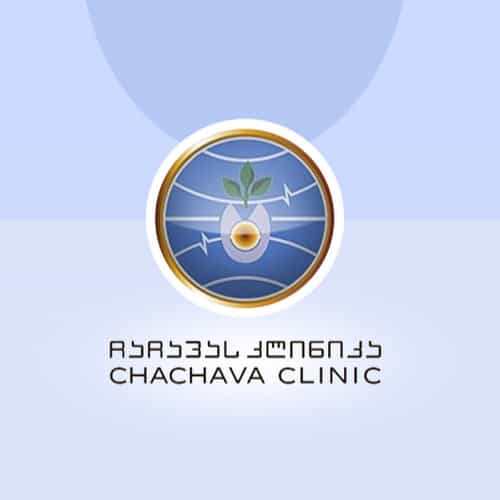
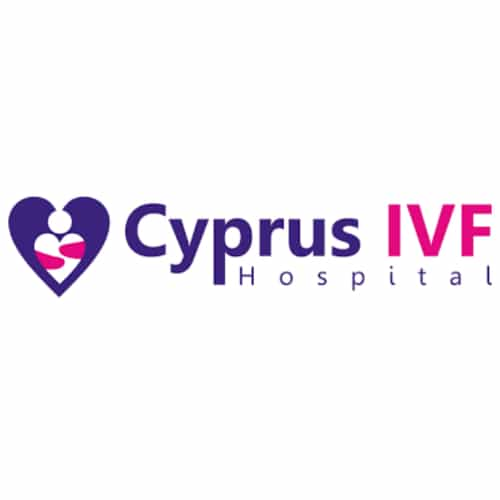
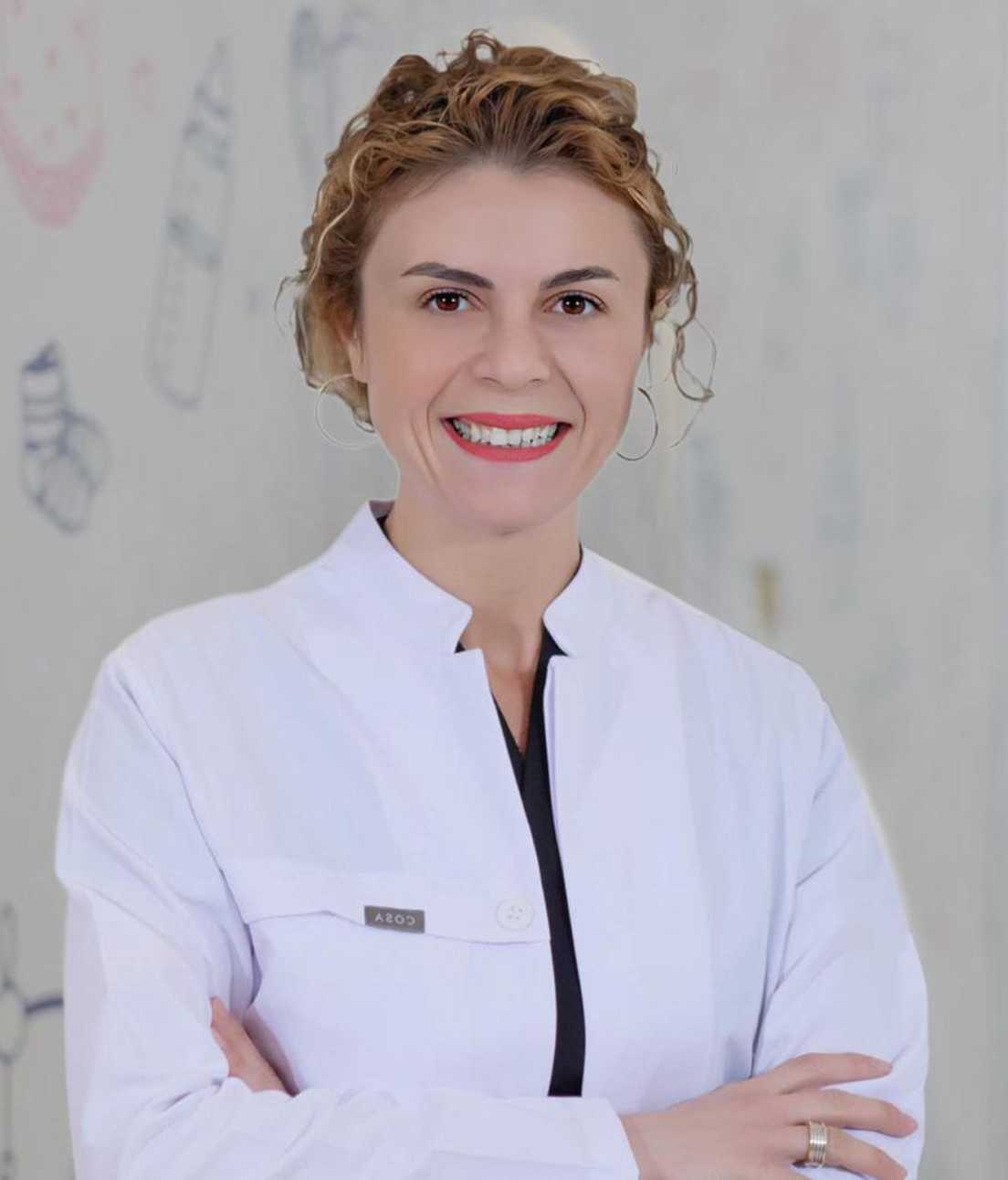
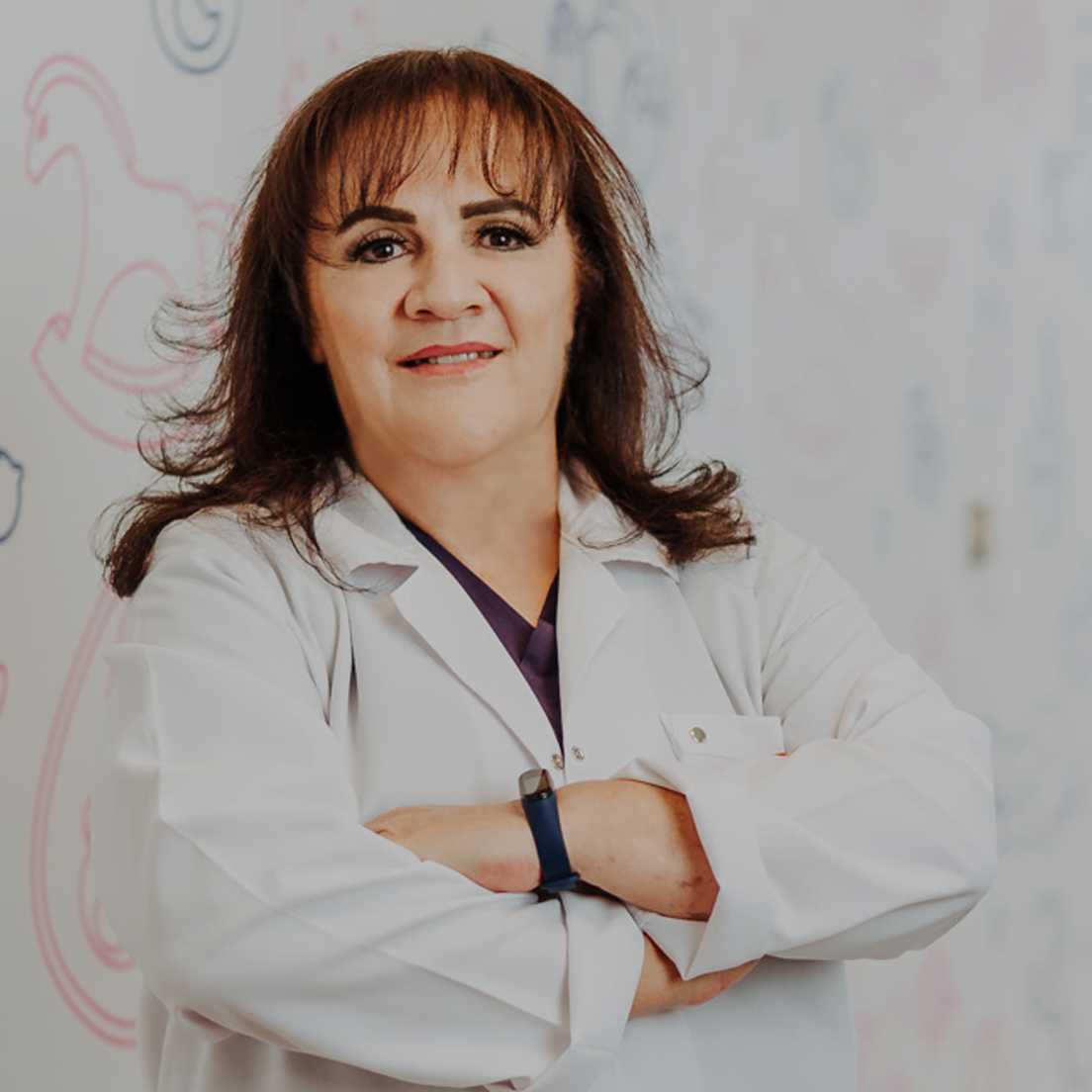

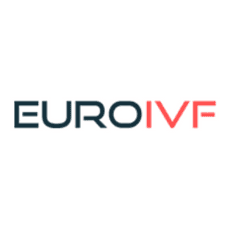










DO NOT USE THIS CLINIC. Feels like a complete scam. Terrible communication, really made so many mistakes and never rectified anything, complete disparity between number f follicles and eggs collected. After speaking with many other clinics the evidence suggests the terrible result through fault of the clinic. Would have been great to have had this discussion with a doctor after the egg collection but have been refused multiple times so haven't had any feedback or debrief despite begging to speak with someone for months. Absolute shambles, essentially robbed me of 8k. Please do not use this clinic, there are much much better alternatives. Everything from start to finish was appalling service, little to no communication and mistakes. If I could rate less than 0 I absolutely would.
Read More